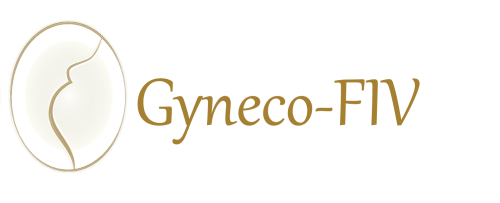Many of my patients today have surpassed the barrier of 40 years, which is a significant challenge for their reproductive project. But age, while extremely important, is not everything.
We know that the age at which women consider starting a family is increasingly advanced in our society. Studies, professional development, job and economic stability, finding or not a partner … are some of the fundamental determinants of this delay. In less than a decade, the average age of women who choose to be a mother in European countries, has gone from a mean of 27 to 32 years.
However, each woman is different and the evaluation of the ovarian reserve will be essential to establish a reproductive prognosis, associated with the age of the woman. Depending on this prognosis, different treatments may be considered to maximize the chances of success. So, when a woman comes to my office for a fertilty consultation, we talk about many things, including age. I try to explain that a woman’s fertility is at its highest around the age of 20-25, according to quality and quantity of eggs in the ovaries. From the age of 35, both the quality and the quantity begin to decline.
Some of the age-related risks are:
- The decrease in fertility as a consequence of the time. Although age does not have to influence the general health and physical condition of women, oocyte quality will decrease.
- The increase in the number of genetic anomalies of embryos obtained in assisted reproduction treatments.
- An increase in fetal losses, more than 21% in patients over 40 years of age, compared to 4.95% in patients under 30 (according to the Spanish Fertility Society). Most of the time these miscarriages are due to chromosomal abnormalities.
- Gestational complications that lead to a high-risk pregnancy, such as a greater tendency to prematurity, high blood pressure or diabetes, are more frequent in mothers over 40 years of age, even if they did not suffer from these diseases previously.
Thus, when a woman is considering a pregnancy there are some things that she should take into account, especially if her age is over 38 years. Maintaining a healthy diet, an adequate weight and regular physical activity will improve the baseline state of health with which the woman faces the process of pregnancy. In the case of any concomitant disease, such as diabetes, hypertension, hypothyroidism … it is advisable to have it well controlled and with the minimum dose of medication.
Fortunately, today there are multiple treatments to try to improve the reproductive prognosis of couples and women with older ages. The embryonic genetic diagnosis (PGT-A), which allows the selection of healthy embryos for the transfer and reception of donor oocytes (egg donation), which minimizes the embryonic problems associated with maternal age, have allowed the birth of tens of thousands of healthy children around the world.

